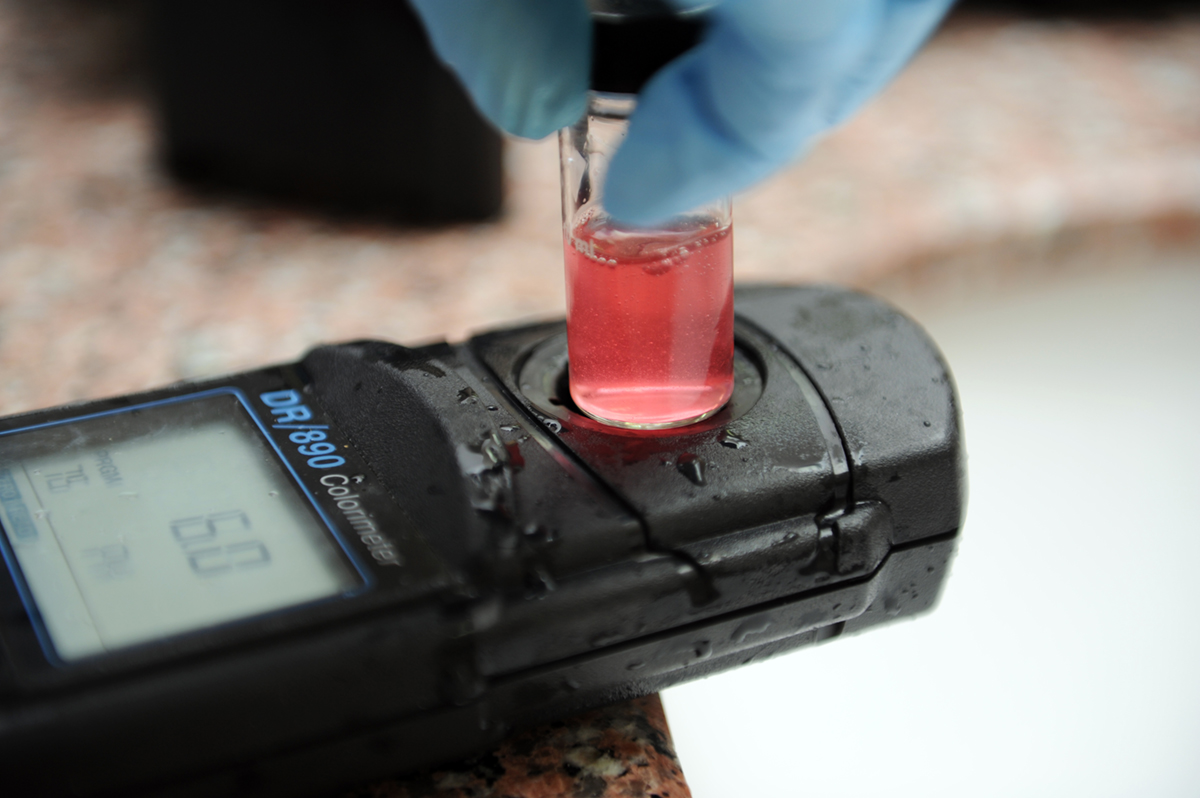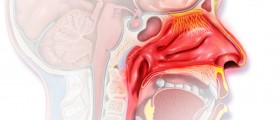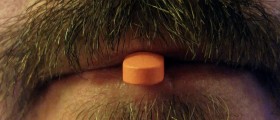
Introduction to Chlorine Allergy
Chlorine is one of the most commonly used chemicals in many industries and production of household applications. This is a reactive element and is never found in its elemental form. Chlorine can be found in a form of granules, powder, liquid or gas.
There are many products that contain chlorine. Some of them are medicines, antiseptics, insecticides, textiles, dyes, explosives, metals, solvents, paints, plastic etc. The element is also used as water purifier. Being available to many people and since it can be found in numerous products it is no wonder that some people develop an allergic reaction to chlorine.
Many people are not aware they are suffering from chlorine allergy until they come in contact with some product that contains chloride or until they go to swimming pools in which the water is purified with chlorine. The exposure to chlorine in allergic people most commonly causes itchy skin and may also lead to skin rash.
What are Symptoms of Chlorine Allergy?
The allergy to chlorine develops after the first contact with this element. The symptoms and signs of the allergy develop during any additional exposure to the allergen. Allergy to chlorine is classified as type four allergy.
In some people chlorine allergy causes eye irritation. Eye irritation affect people allergic to chlorine who are swimming in pools purified with chlorine. Eye irritation may also affect people who are exposed to chlorine fumes. These fumes generally originate from household products that contain chloride. The patient's eyes are red, itchy, dry and watery.
In case of contact of chlorine with the skin, the exposed portion of the skin may become tight, itchy and start to peel. These symptoms and signs generally occur after an allergic person has been swimming in pools that contain chlorine. Even unprotected contact with certain household products may cause skin reaction.
Chlorine fumes are responsible for respiratory symptoms and signs of allergy. An allergic person starts to cough as soon as he/she has inhaled chlorine fumes. Furthermore, chlorine fumes may also cause sneezing, stuffy or itchy nose.
The symptoms and signs of chlorine allergy are easily brought under control. What follows is the suitable prevention of their recurrence. All people confirmed with chlorine allergy are due to stay away from products containing chlorine. They are not allowed to swim in pools purified with chlorine, they also must not use chlorine products for clothes as well as all those products used in households for maintaining hygiene. In some cases it is possible to swim in pools that contain chlorine. This is achieved with a special lotion that protects the skin from the harmful effects of chlorine.

















Your thoughts on this
Loading...